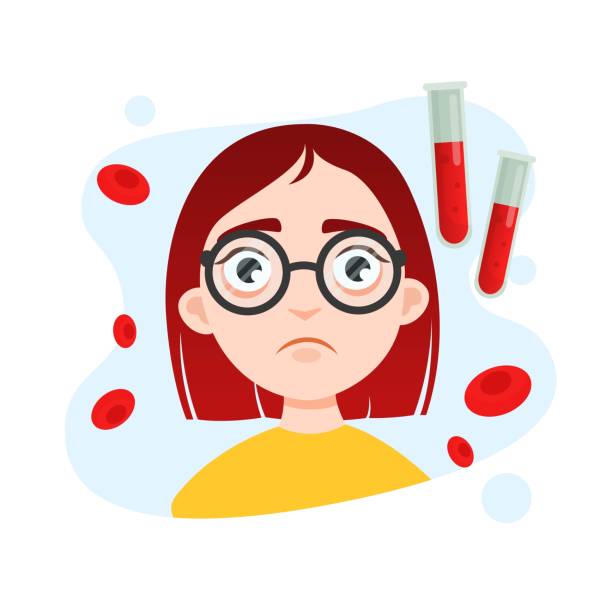- When it comes to life, iron is more precious than gold.
- About 30% of women and > 50% of pregnant women have low iron
How do you feel if your iron is low?
- You feel lousy: loss of energy, lower concentration, poor memory, mood is depressed, sex drive is lower, get tired easily.
- If it’s severe, you can be short of breath, feel dizzy especially when standing or you can faint and injure yourself. Severe Iron Deficiency Anemia: IDA can even cause heart failure because your heart muscles can’t pump well enough.
Not enough iron intake (food/supplements) + losing too much blood/iron = iron deficiency.
There are many causes of iron loss, including stomach ulcers, not absorbing iron, bleeding from the bowel, not eating enough iron rich foods and other chronic diseases, such as kidney and liver disease.
Are you vegen or vegetarian or do you have a restricted diet (eating disorder: with or without vomiting)? You need iron, Vit B12 and Zinc replacement
For Gynecology the biggest causes are heavy periods, irregular bleeding, pregnancy, breast feeding and not taking enough iron.
Why is iron so important?
- Iron is essential for building hemoglobin (the oxygen transporter in our blood) which is in the red blood cells or erythrocytes (200 billion are made every day!)
- Red blood cells carry oxygen all over the body to allow your organs to function.
- The oxygen in the blood is also transported to muscle, where the oxygen carrier is called myoglobin.
- Of particular concern is heart muscle, which is highly dependent on iron to work properly, allowing your heart to send blood everywhere in the body, at the correct pressure.
- If your iron level is low, your brain, organs and muscles including your heart do not work 100%.
What is Iron Deficiency Anemia or IDA?
- If the iron deficiency is significant, you can develop Iron Deficiency Anemia.(IDA).
- IDA is due to iron being very low, so low that it cannot support the hemoglobin in the blood, and the hemoglobin levels then drops, called anemia.
- IDA can be due to a sudden large loss of blood (a severe heavy period) or more often, a slow gradual process due to chronic loss of blood (heavier periods one after the other) and insufficient iron intake.
During pregnancy and breast feeding, vital iron also goes to the baby, therefore more iron is needed for mom and baby.
- Women only have about 6 months’ worth of iron stores (men have about 3 years).
- Women lose iron: i: when they have periods: stored iron is lost every period or ii: during childbirth or iii: when breast feeding. This can result in iron deficiency if the iron is not replaced enough to keep up with the loss.
The danger is when you already have low iron or IDA, and you then have an unexpected large bleed from a really heavy period for example. You may not compensate and you drop your hemoglobin so much that you become dangerously unstable and urgent treatment including blood transfusions may be required.
Testing: Ferritin and Hemoglobin levels are key!
- Most iron is stored as “ferritin” in your blood. We test ferritin to see if it Is low. Aim for a ferritin greater than 30. Between 10 -30, you are low in iron and need to treat it. A ferritin less than 10 is cause for alarm. See a physician.
- We also test the hemoglobin (the oxygen transporter in blood, that needs iron to work) If the hemoglobin is low, then you have anemia as well. Anemia is a sign of significant iron and/or blood loss. (called Iron Deficiency Anemia IDA)
Iron deficiency is the leading cause of “years lived with disability” in women. That means when your oxygen carrying cells, your brain and muscle oxygen is low, and the heart muscle etc. do not work like they should, this causes “disability” (tired, lack of concentration, lower mood, lower energy, heart problems etc.)
- See Blog: Women and Iron Deficiency Part 2: about prevention and treatment
- See Blog: Is your Iron Low: Oral Iron replacement.

